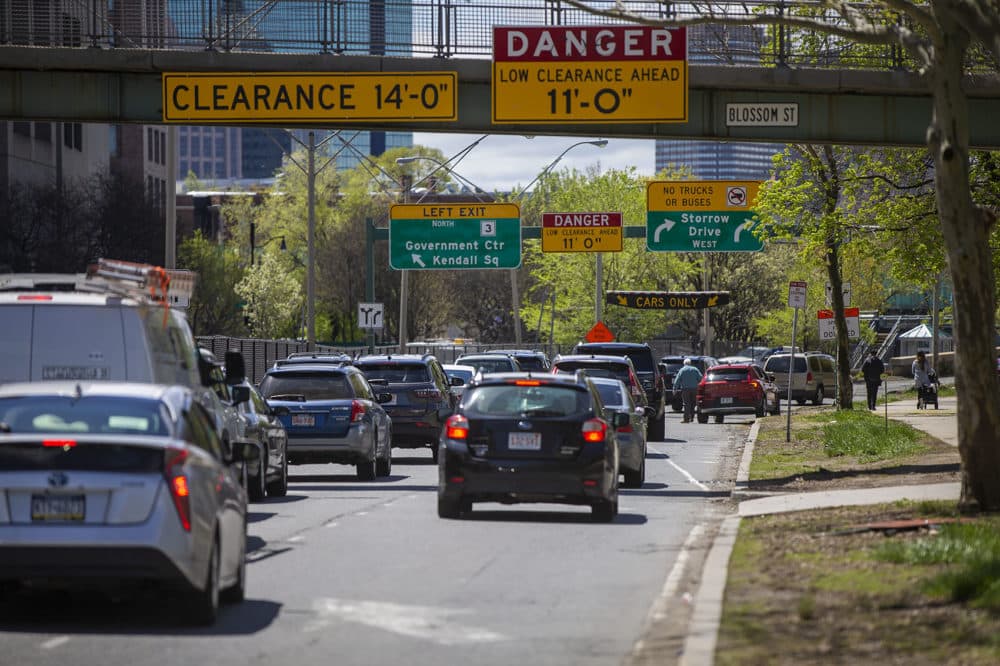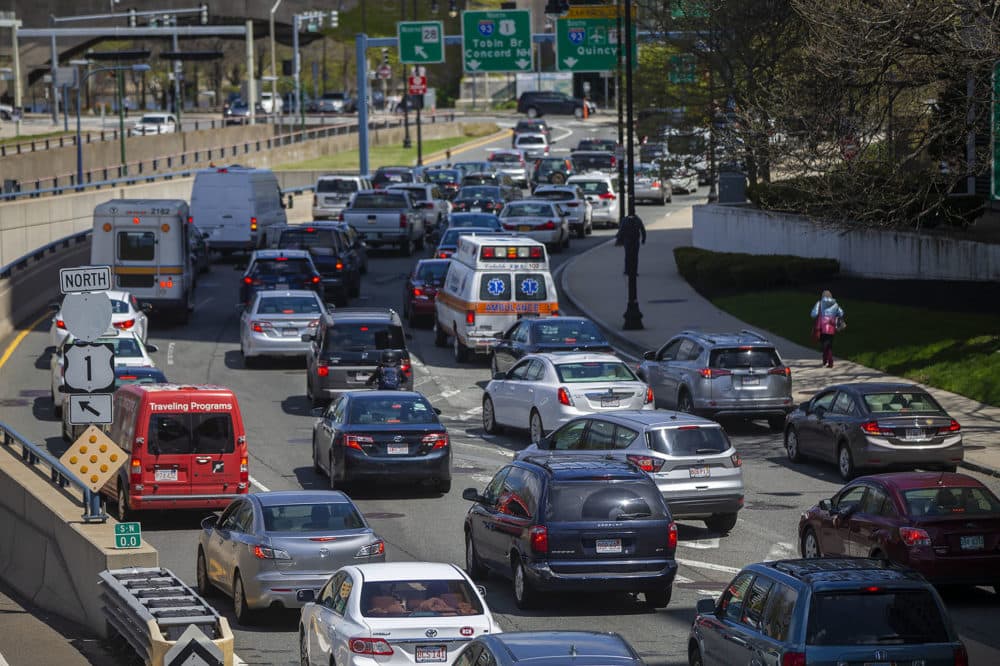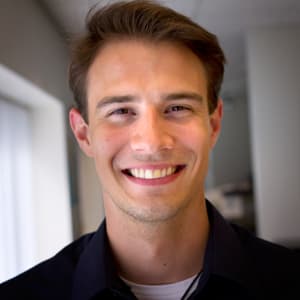Advertisement
To Curb Congestion, Mass. Political Leaders Propose To Make It More Expensive To Drive

When it comes to transportation and commuting, a MassINC Polling Group survey of Boston area voters, released last month, sums up the picture:
- One-third of respondents say commuting times have made them late for work.
- Two-thirds say "urgent action" is needed to improve the state's transportation system.
- And 80% say they'd support raising new money to improve that system.
"I think we've gone from a point where, say, proposing a gas tax loses you elections, to where the kind of congestion people face every day threatens to lose elections," said Charles Chieppo, a transportation analyst at the right-leaning Pioneer Institute. "We're reaching a tipping point, I think, where the pain — political and otherwise — of how bad our commutes are is starting to outweigh the pain of, whether it be paying more in tolls, paying more in gas tax ... pick your poison."
But which poison to pick — if any — remains up in the air.

State Senate President Karen Spilka, an Ashland Democrat, recently floated the idea of introducing new tolls on some roads. Two Democratic lawmakers, from Winthrop and East Boston, have proposed congestion pricing that could raise or lower tolls depending on the time of day. Boston City Councilor Michelle Wu has proposed a $25 fee for resident parking permits, which are currently free of charge.
All of these proposals would make it more expensive to drive — by design.
In an interview at her city council office, Wu said the region's traffic will continue to get worse until lawmakers act.
"When that small [parking] charge does happen," she said, "people begin to think about, 'Should I use my driveway instead, or use the alley behind my house, or clean out that garage spot?' So even a small number of cars then, being absorbed off of the street, begins to free up capacity in a way that is noticeable right away."
Advertisement
For years, lawmakers have tried to encourage drivers to take other modes of transportation — be it biking, walking or taking the MBTA. But there's been little movement to discourage driving — despite calls for lawmakers to do so from transportation advocacy groups.
"It's not just about making public transit more attractive and cheaper; it's also about giving people better incentives for if and when they drive on our roads," said Chris Dempsey, director of the group Transportation for Massachusetts. "We're the only large metropolitan area that does not do some kind of time-of-day pricing on our tolled roads."
Dempsey added that the goal is "not to punish people for driving," but to incentivize people to drive at different times, or "better managing the [transportation] network that we built."
It's important to note that all of these proposals are just that — proposals. And there has been pushback from some major elected leaders.
One of them is Gov. Charlie Baker, who's announced a capital plan to spend billions of dollars on roads and public transportation.
"We have a lot of resources that we can bring to bear to deal with these issues, and many of them are going to address the stuff that people have said we need to invest in, and we can do it with existing resources," the Republican said in an appearance on WCVB-TV's "On The Record." "I don't know why we would talk about raising taxes if we're going to be spending at a level that gets us about as far as we can go without completely disrupting anybody's ability to get anywhere."
When asked about things like congestion pricing, Baker said the state is conducting a congestion study — due out in the near future. But there is no guarantee the study's findings will be implemented. Baker vetoed a congestion pricing bill last year that would have reduced tolls in off-peak hours, saying he wanted to study the issue first.
Boston Mayor Marty Walsh also backed off a call from one city commission for a $5 fee on all cars entering or leaving parts of Boston.
The other challenge? It's not clear exactly what policy proposal voters want.
That 80% of people who told the MassINC Polling Group they support new revenues to improve the state's transportation picture were not asked where those revenues should come from.
This segment aired on May 7, 2019.
